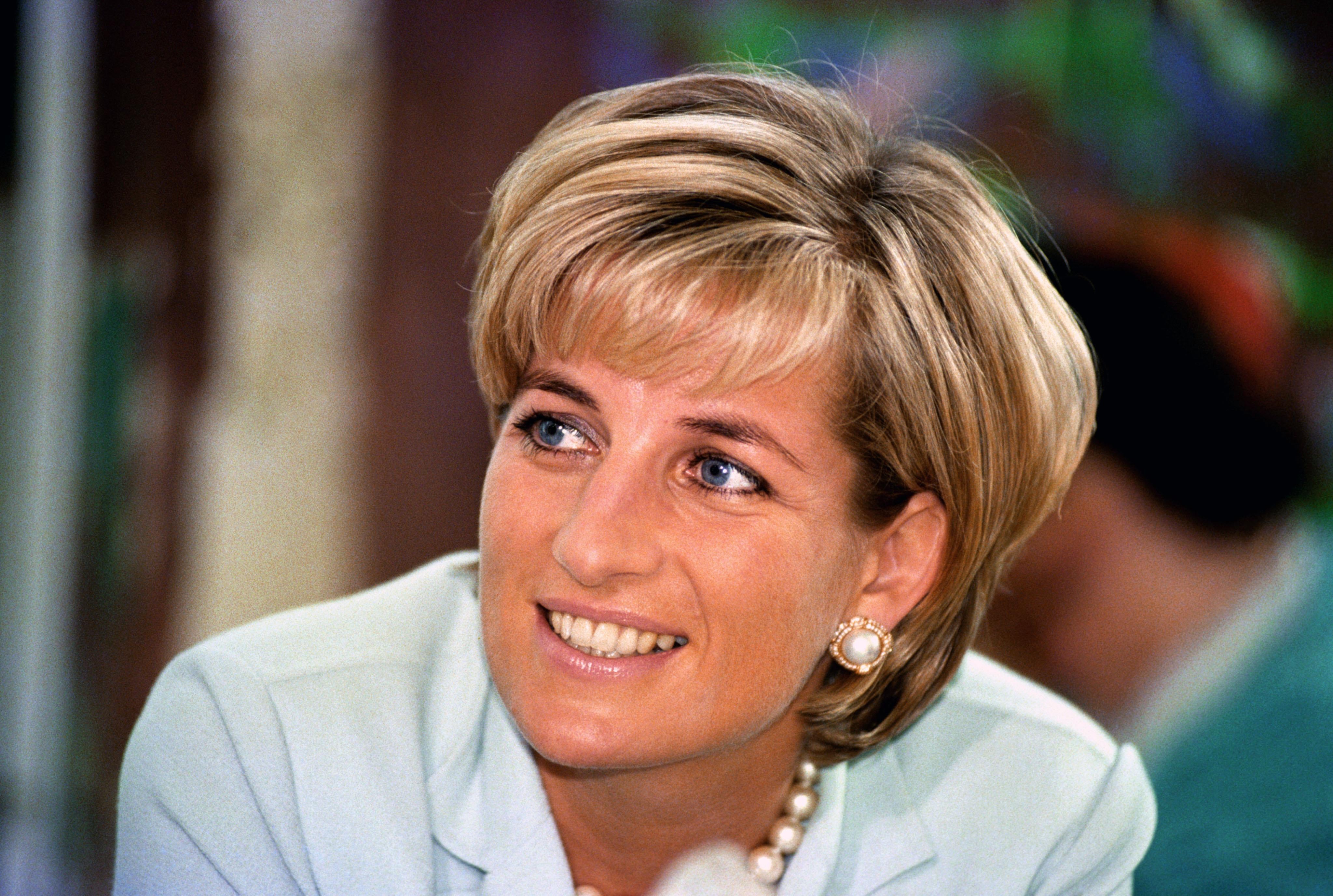We will ensure BBC donation honours Diana’s legacy, says charity boss
The BBC donated £1.42 million to seven charities linked to Diana following the 1995 Panorama interview.

Charity bosses have said money donated from the BBC will be used to honour Princess Diana’s legacy.
The broadcaster made charitable donations to a sum of £1.42 million shared equally between seven charities linked to the Princess of Wales.
Following her divorce in 1996, Diana resigned from her position of patron or president of all but six charities – Centrepoint, the English National Ballet, the Leprosy Mission, the National Aids Trust, Great Ormond Street Hospital and the Royal Marsden Hospital.
The donation has been split between these charities and The Diana Award which was established to promote the princess’s belief young people have the power to change the world for the better.
Deborah Gold, chief executive of National Aids Trust, said: “Princess Diana will forever be cherished as our patron who made an enormous contribution to HIV awareness. We wouldn’t be where we are today without her, and we strive to build on her legacy every day.
“We will ensure the donation is used to make progress on issues that Princess Diana cared passionately about.
“Princess Diana powerfully challenged HIV stigma during her time with National Aids Trust. We will continue to fiercely protect the rights of people living with HIV and ensure they can live their fullest lives possible.
“Diana bravely spoke out against injustice and believed in dignity and respect. Sadly, this is not what she was afforded in this instance, but we will strive to honour her and do work that we believe would make her proud going forward.”
The proceeds are derived from sales of the 1995 Panorama interview with Diana conducted by then-BBC journalist Martin Bashir, which made global headlines as the princess spoke openly about her marriage to the Prince of Wales.
Last year, a report by Lord Dyson concluded that the BBC covered up “deceitful behaviour” by Bashir to secure the bombshell interview and led to a call from the Duke of Cambridge for it never to be aired again.
Announcing the donation on Friday, the BBC said: “The BBC had indicated its intention to donate to charity the sales proceeds derived from the 1995 Panorama interview with Diana, Princess of Wales.
“The BBC has now done so. Given the findings of Lord Dyson, we think this is the right and appropriate course of action.”
Great Ormond Street Hospital said the donation will be “hugely beneficial” in helping to treat seriously ill children from across the UK.
A spokesperson from the charity said: “Princess Diana was a key supporter of the hospital, which she visited on a number of occasions.
“The Prince of Wales and Princess Diana became the patrons of the Wishing Well Appeal in 1986, and in 1989 she was appointed president of the hospital.”
The Royal Marsden Cancer Charity said the donation would help to ensure the nurses, doctors and research teams can continue to provide the very best care and develop life-saving treatments for people with cancer.”
A spokesperson added: “Making a difference to the lives of people with cancer is a cause that Diana, Princess of Wales, supported as president of The Royal Marsden, a role which has since been held by HRH The Duke of Cambridge.”
Wayne Bulpitt, chairman of trustees at The Diana Award, said he was “grateful” to the BBC for the donation which would “go a long way” in helping further their work.
A Centrepoint spokesperson said: “Every year we support thousands of homeless young people into a job and a home by providing safe and stable accommodation, support with physical and mental health issues and opportunities to access education, training and employment.
“None of this work would be possible without donations so we’re grateful to receive this generous sum at a time when the country’s most vulnerable young people are really struggling.”
In July this year, the BBC vowed to “never” again broadcast clips from the interview.
Director-general Tim Davie said: “Now we know about the shocking way that the interview was obtained, I have decided that the BBC will never show the programme again, nor will we license it in whole or part to other broadcasters.
“It does of course remain part of the historical record and there may be occasions in the future when it will be justified for the BBC to use short extracts for journalistic purposes, but these will be few and far between and will need to be agreed at executive committee level and set in the full context of what we now know about the way the interview was obtained.
“I would urge others to exercise similar restraint.”
The donations come from the BBC’s commercial revenue and not from the licence fee, the corporation said.
Bookmark popover
Removed from bookmarks